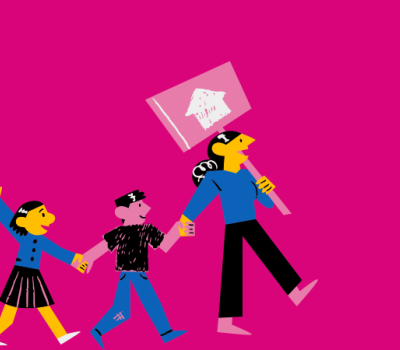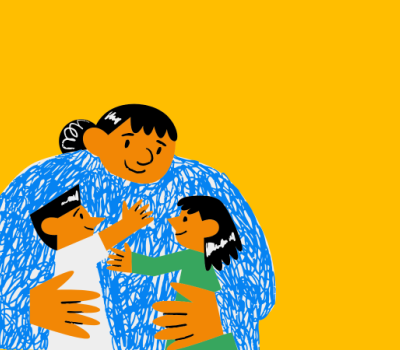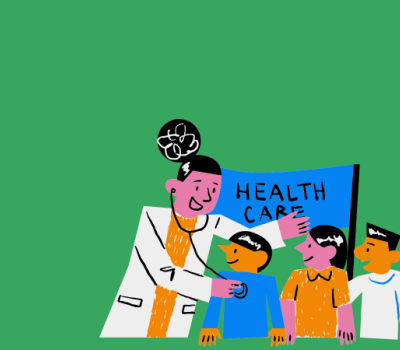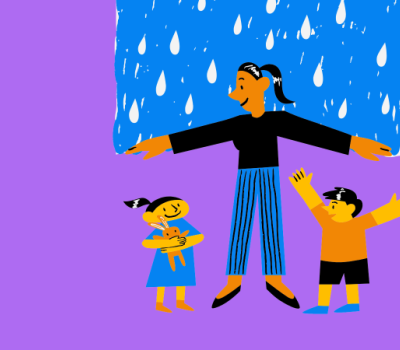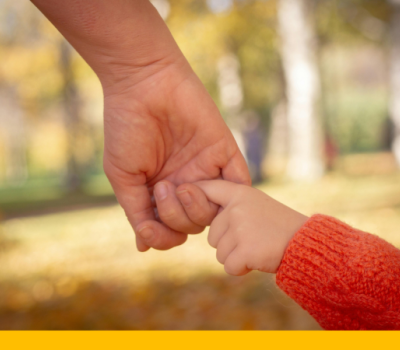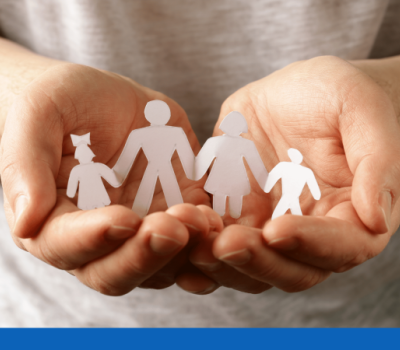Representative Susan Pulsipher’s HB 153: Child Care Revisions narrowly passed the Utah State Legislature on February 28, 2024, and was signed by the Governor on March 14, 2024.
Initially proposed as a child tax credit expansion initiative, HB 153 has evolved into a more complex bill with significant implications. This FAQ aims to address questions about the passed bill and explain its key components.
What does HB 153 do?
There are three main components to this bill:
- Child Tax Credit Expansion: HB 153 expands Utah’s child tax credit to include 4-year-olds. Currently, children aged 1-3 are eligible if their family meets certain income criteria and has a tax liability. This expansion will make the credit available to 0.4% more families, benefiting 1.1% more children, with an average annual tax savings of $456 per eligible family.
- Unlicensed Provider Capacity Expansion: HB 153 increases the cap on the number of unrelated children an unlicensed provider can care for from 6 to 8 (current law remains at 10 children cap if also caring for related children). With this change, Utah now ranks as the second-worst state nationally in unregulated care capacity, trailing only South Dakota.
- New Unlicensed Provider Oversight: In response to concerns from the child care community, HB 153 introduces new requirements for unlicensed providers. They must now undergo criminal background checks through the Office of Child Care Licensing. Additionally, a new stipulation limits the number of children under 3 years old being cared for to 2. Previously, unlicensed providers operated without formal oversight or state requirements.
When will this go into effect?
Each component of the bill will go into effect at a different time:
- Child Tax Credit Expansion: Initially introduced under HB 170 in 2023, the Child Tax Credit, applicable to children aged 1-3, cannot be claimed until families file their 2024 taxes, in 2025. For families with eligible 4-year-olds, the credit won't be claimable until they file their 2025 taxes, in 2026.
- Unlicensed Provider Capacity Expansion: Starting May 1, 2024, unlicensed providers will be permitted to care for up to 8 unrelated children.
- New Unlicensed Provider Oversight: Background check requirements and restrictions on the number of children under the age of 3 in care will take effect on July 1, 2024.
How will this new oversight of unlicensed providers function under HB 153?
The Office of Child Care Licensing (OCCL) within the Department of Health and Human Services already oversees residential child care licenses, which are required for providers caring for 9 or more children. OCCL also oversees the Residential Certificate program which is currently required for providers caring for 7-8 children. HB 153 now makes Residential Certification optional.
Additionally, HB 153 essentially adds a new layer of regulated care, mandating background checks for providers caring for under 8 children who do not hold a license or certificate. Current law does not require background checks for anyone caring for under 6 children. HB 153 mandates the same level of background checks as licensed child care providers, covering all staff, volunteers, and individuals older than 12 residing in the residence.
The process and enforcement mechanisms are still unclear. The bill directs the Department of Health and Human Services to establish rules for criminal background check submission. Similar requirements exist in Idaho, but enforcement is limited to instances where an unlicensed program is reported to the state.
Stay tuned for further guidance from the Office of Child Care Licensing regarding this process.
Will this increase access to child care? Will it decrease the cost of child care?
The answer is uncertain. While the state has previously expanded unlicensed child care capacity, the lack of tracking of unlicensed child care makes it impossible to gauge effectiveness.
Regulations are often blamed for high child care costs and limited availability, but studies show no direct correlation between state regulations and child care supply levels. Utah's Office of Child Care Licensing continuously strives to make licensing as easy to obtain as possible without compromising quality and safety standards.
There's no evidence to suggest this change will alleviate the child care crisis. In fact, experts predict it may decrease available child care by incentivizing programs to downsize and forego licenses.
Is this licensing change safe?
Just as there are undoubtedly reputable unlicensed providers, incidents can occur in licensed facilities as well. However, licensed providers benefit from established systems for monitoring and support, facilitating continuous improvement. The challenge with unlicensed providers lies in the lack of oversight—without clear regulations, identifying potential risks becomes difficult.
Unfortunately, the impact of unlicensed child care expansion often goes unrecognized until horrible things happen and it's too late. Without state oversight, it’s important for parents to learn about the differences between licensed and unlicensed child care. Below is a comparison chart outlining key distinctions, but we encourage parents to leverage OCCL's resources for informed decision-making.
| Residential Certificate Child Care Provider | Unlicensed Child Care Provider Under HB 153 | |
| Background checks required for all child care staff, volunteers, and household members 12+ | X | X (if enforced) |
| Inspections of facility for safety | X | |
| 2.5 hours of preservice training* | X | |
| 10 hours of annual training* | X | |
| Always requires at least one caregiver present to hold current pediatric first aid and CPR certification | X | |
| Public access to rule violations available to parents | X | |
| Verified local business license, health department clearance, and fire clearance (when required by city) | X | |
| Must carry liability insurance or disclose lack thereof in writing to parents | X | |
| Requires quality equipment, materials, and play areas that are safe, clean, adequate in size | X | |
| Verified safe caregiver-to-child ratios | X | |
| Requires that no provider use corporal punishment or emotional abuse to discipline a child | X | |
| Requires staff to mandatorily report any instance of suspected child abuse or neglect | X |
* Training covers CPR, First Aid, home safety, emergency prevention, shaken baby syndrome prevention, sudden infant death syndrome prevention, care for children with disabilities, infectious disease control, child development, homelessness detection, and child abuse awareness.
This FAQ will be regularly updated with new questions and any developments from the Office of Child Care Licensing. If you have additional questions, please don't hesitate to reach out to Jenna at





